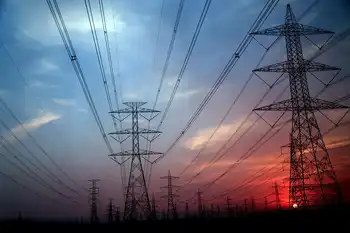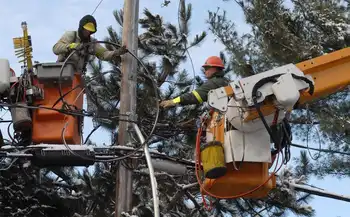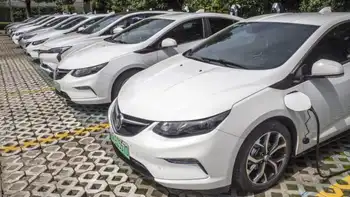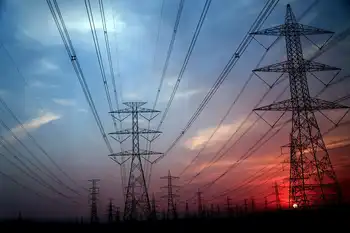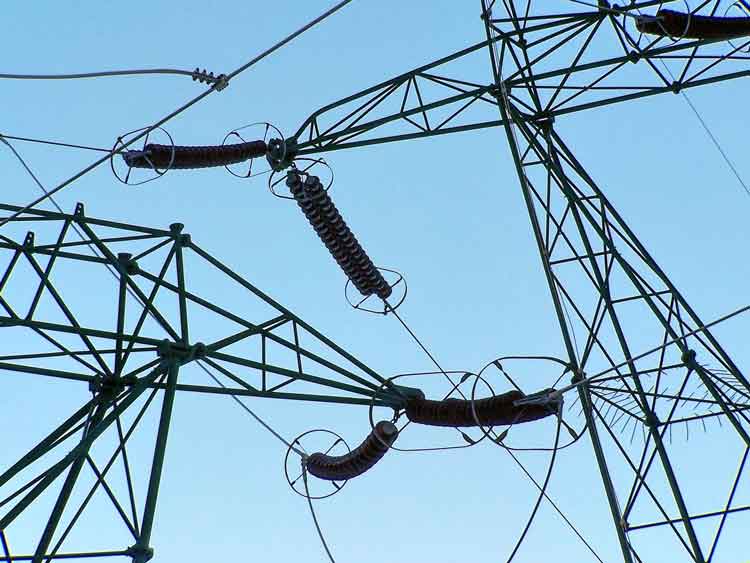U.S. rich in energy-efficiency potential: study
By WorldChanging
Protective Relay Training - Basic
Our customized live online or in‑person group training can be delivered to your staff at your location.

- Live Online
- 12 hours Instructor-led
- Group Training Available
The global consulting firm estimates that $520 billion in investments would reduce U.S. non-transportation energy usage by 9.1 quadrillion BTUs by 2020 — roughly 23 percent of projected demand. As a result, the U.S. economy would save more than $1.2 trillion and avoid the release of some 1.1 gigatons of annual greenhouse gases, an amount equal to replacing 1,000 conventional 500-megawatt coal-fired power plants with renewable energy.
"There's more potential for energy efficiency in this country than anywhere else in the world," said Kenneth Ostrowski, a senior partner at McKinsey. "If we do nothing, we will waste $1.2 trillion."
If the United States applied all available efficiency technologies, the country would save more energy by 2020 than is used annually by all of Canada's homes, commercial buildings, and industries combined.
Several McKinsey recommendations require simple changes. For example, if all U.S. office buildings turned off their computers at night, or at least switched to standby mode, trillions of BTUs of energy would be unnecessary.
Many measures would require substantial evaluations of the energy wastage from buildings or industries. Potential responses, such as duct sealing, would add insulation to areas where heated and cooled air leaks outdoors. Applying duct sealing to all residential homes would save about 500 trillion BTUs, McKinsey estimates.
McKinsey reached its conclusion after an analysis of 675 energy efficiency measures. The study was supported by utilities, environmental organizations, and the U.S. government.
U.S. Environmental Protection Agency (EPA) Administrator Lisa Jackson responded to the report by promoting the government's appliance-efficiency standard program, Energy Star, and encouraging consumers to improve their own energy efficiency.
"The McKinsey report reveals new possibilities for energy efficiency, and will be instrumental in engaging consumers, businesses, and everyone else to cut energy consumption, reduce harmful emissions, and save money on electricity," Jackson said in a statement. "The energy that most effectively cuts costs, protects us from climate change, and reduces our dependence on foreign oil is the energy that's never used in the first place."
The U.S. economy currently spends $10-12 billion each year on energy-efficiency measures, McKinsey said. This does not include federally funded programs authorized in the $787 billion economic stimulus act, which President Barack Obama signed in February.
Despite the dramatic increase in efficiency measures that will result from the stimulus act, the one-time funding source does not raise sufficient capital to reach the energy-efficiency goals outlined in the McKinsey report. "What we need is a 4-5 times scale-up [of investments] over 15 years to achieve the full energy efficiency potential," said Hannah Choi Granade, a report co-author.
The U.S. Congress is also debating a climate change bill that would invest billions of dollars in energy-efficiency measures and provide financial support for homeowners who retrofit their buildings to be at least 20 percent more energy efficient. The legislation proposes new energy-efficiency standards as well, which would be applied for lighting products, commercial appliances, buildings, and industry.
The bill would also create a cap-and-trade system that sets a price on every ton of carbon that large polluters emit. The McKinsey study estimates that a government-authorized carbon price would further increase potential U.S. efficiency gains.
Since 1980, the United States has decreased its energy consumption per floor space in the residential and commercial sectors by 11 and 21 percent, respectively. The industrial sector has reduced energy consumption per economic output by 42 percent, McKinsey said.
Still, the United States is considered much less energy efficient than most European nations and Japan. These countries have imposed stricter standards and implemented efficiency technologies more widely. The International Partnership for Energy Efficiency Cooperation, a collaboration of the world's largest economies that launched in May, plans to compare member countries' energy-efficiency progress and develop best-practice advice.
Barriers to increased energy efficiency in the United States include expensive upfront investments and difficulties measuring efficiency gains, McKinsey said.
"There is a significant potential facing this country for greenhouse gas abatement at a low cost [through energy efficiency]," Ostrowski said. "It's not that we're not making progress. It's that we're not making progress fast enough relative to the potential out there."





